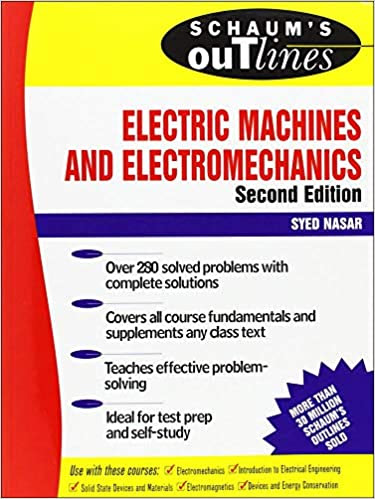Two dramatically different philosophical approaches to classical mechanics were developed during the 17th – 18th centuries. Newton developed his vectorial formulation that uses time-dependent differential equations of motion to relate vector observables like force and rate of change of momentum. Euler, Lagrange, Hamilton, and Jacobi, developed powerful alternative variational formulations based on the assumption that nature follows the principle of least action. These powerful variational formulations have become the preeminent philosophical approach used in modern science, as well as having applications to other fields such as economics and engineering.
Variational Principles in Classical Mechanics Free Download
April 14, 2022

You may also like
Gauge/gravity duality creates new links between quantum theory and gravity. It has led to new concepts in mathematics and physics, and provides new tools to...
MECHANICAL PHYSICS • QUANTUM PHYSICS
The Stability of Matter in Quantum Mechanics ,Illustrated Edition
April 18, 2021
About Book Research into the stability of matter has been one of the most successful chapters in mathematical physics, and is a prime example of how modern...
MECHANICAL ENGINEERING • MECHANICAL PHYSICS
Electric Machines & Electro mechanics ,2nd Edition :Schaum’sOutline
April 18, 2021
About Book More than 50,000 copies of this powerful study guide sold in the first edition! Covering a broad range of topics, from simple DC magnetic circuits...
Recent Posts
- Algebra 3 Homological Algebra and Its Applications by Ramji Lal PDF
- Heat Transfer Physics 2nd Edition By Massoud Kaviany PDF
- Lavin’s Radiography for Veterinary Technicians, 6th Edition by Marg Brown PDF
- Principles of Physics, 10th Edition by David Halliday PDF
- The Dog Behavior Problem Solver by Teoti Anderson PDF



Add Comment